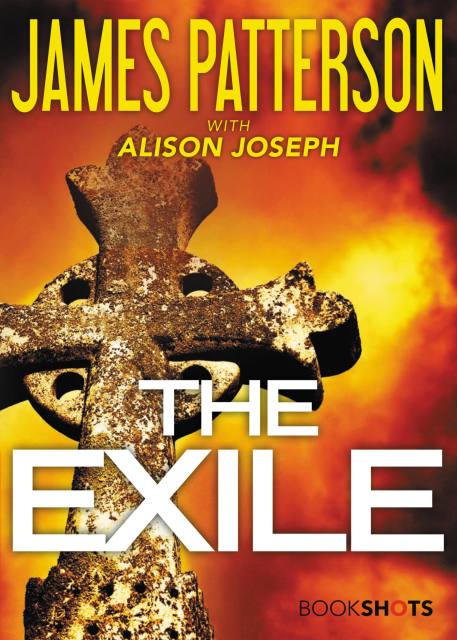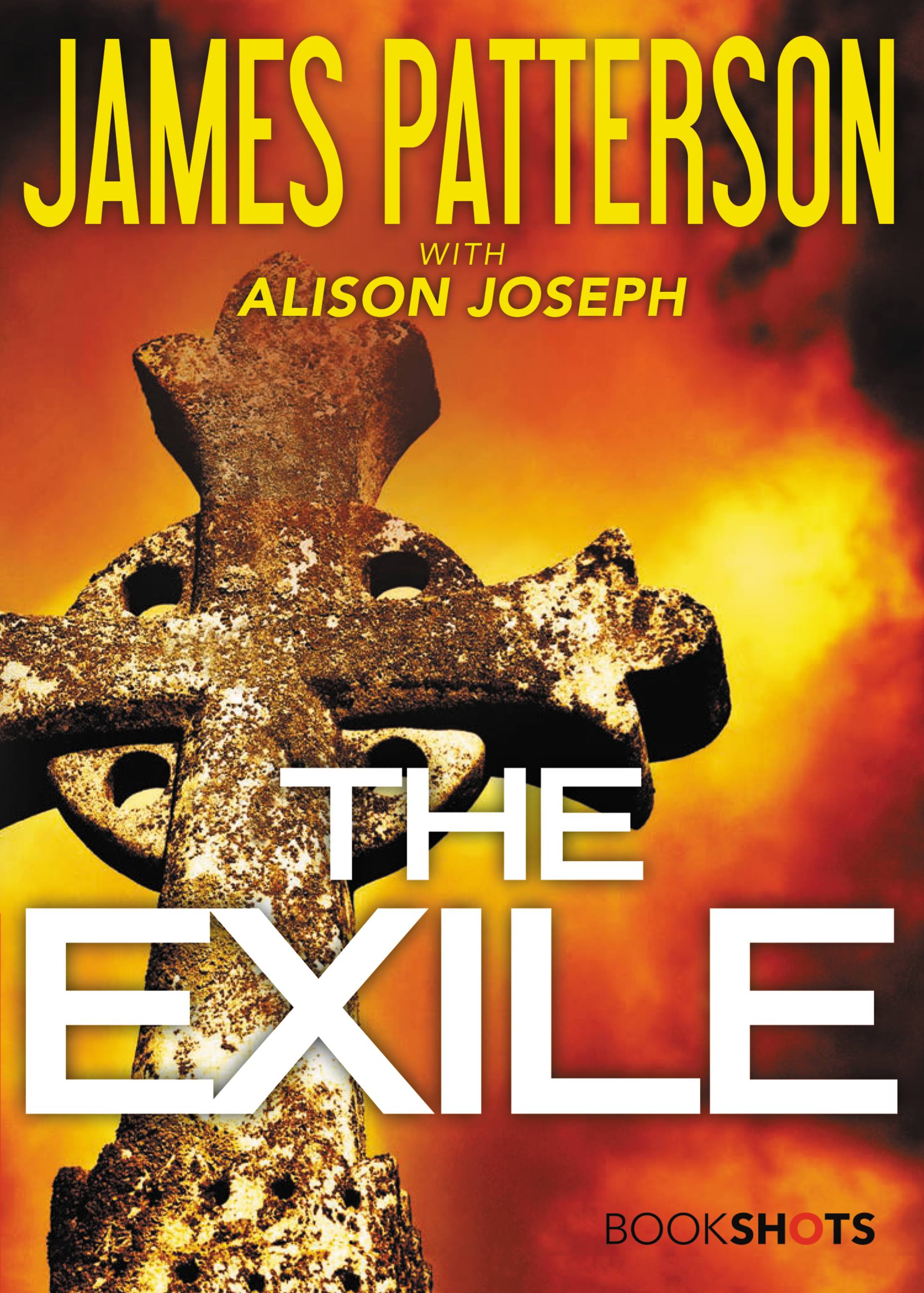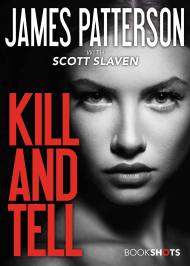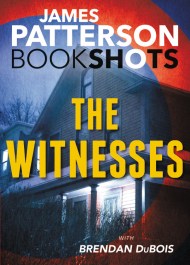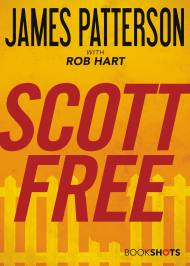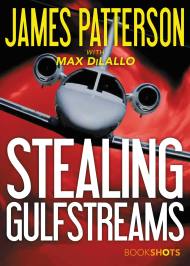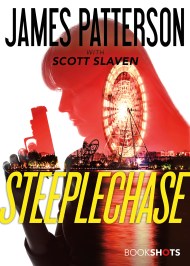By clicking “Accept,” you agree to the use of cookies and similar technologies on your device as set forth in our Cookie Policy and our Privacy Policy. Please note that certain cookies are essential for this website to function properly and do not require user consent to be deployed.
The Exile
Contributors
With Alison Joseph
Formats and Prices
- On Sale
- Nov 7, 2017
- Page Count
- 144 pages
- Publisher
- BookShots
- ISBN-13
- 9780316411110
Price
$3.99Price
$4.99 CADFormat
Format:
- ebook $3.99 $4.99 CAD
- Audiobook Download (Unabridged)
- Trade Paperback $19.99 $25.99 CAD
This item is a preorder. Your payment method will be charged immediately, and the product is expected to ship on or around November 7, 2017. This date is subject to change due to shipping delays beyond our control.
Buy from Other Retailers:
From the world's #1 bestselling author, an ex-cop must save the woman he's sworn to protect from an ancient Irish curse.
Ex-cop Finn O'Grady hasn't been home in years. But the woman he swore to protect is convinced an ancient curse has put her and her son in deadly danger. O'Grady has seen too much evil on earth to believe in the supernatural.
And then the killing starts …
BookShots—original, lightning-fast stories by James Patterson, designed to be devoured.
Ex-cop Finn O'Grady hasn't been home in years. But the woman he swore to protect is convinced an ancient curse has put her and her son in deadly danger. O'Grady has seen too much evil on earth to believe in the supernatural.
And then the killing starts …
BookShots—original, lightning-fast stories by James Patterson, designed to be devoured.
Genre:
Newsletter Signup
By clicking ‘Sign Up,’ I acknowledge that I have read and agree to Hachette Book Group’s Privacy Policy and Terms of Use
